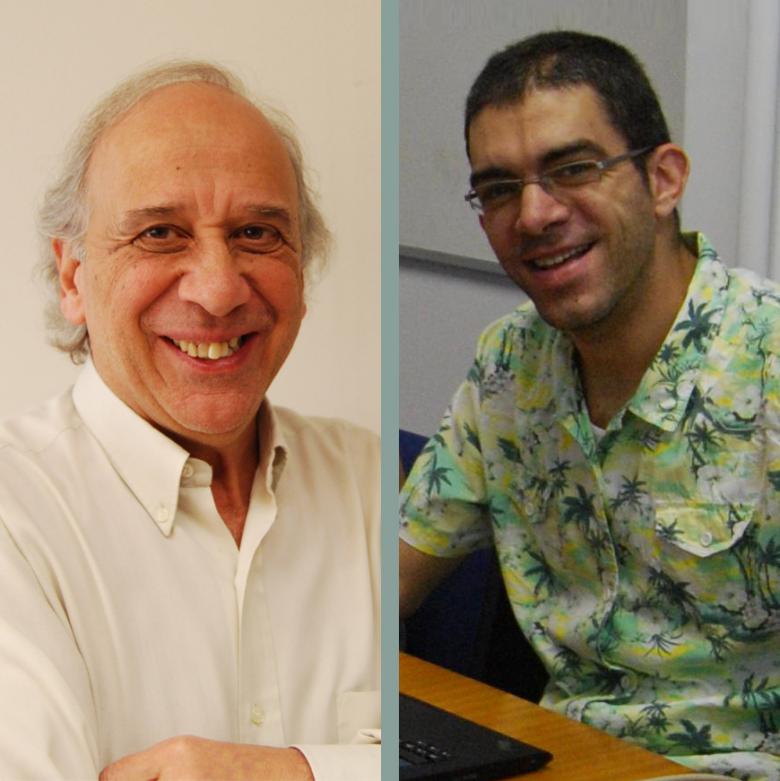Gaia: Three years studying the Galaxy [NOT TRANSLATED]

In this conference, they will present the main characteristics of the mission and the significant Spanish participation, both in the construction of the satellite systems as well as in the management, validations and publication of data.
- Free admission to full capacity
- Link for register: http://www.pioneeringspace.sener/es/conferencia/mision-gaia-estudiando-la-galaxia
The Milky Way Shines on Paranal
Gaia mission
The Gaia mission of the European Space Agency (ESA) was launched in December 2013. Since then, it has observed more than a billion stars and other celestial objects repeatedly, leading to the first publication of its galactic catalog on 14th September 2016. Gaia is noteworthy not only due to the huge amount of data received, but also due its excellent quality beyond expectations.
Speakers:
Jordi Torra is director of Institut d'Estudis Espacials de Catalunya (IEEC) and Astronomy and Astrophysics professor at the University of Barcelona, where he received his Ph.D. in physics in 1984. His research interests include the study of our Galaxy, mainly stellar kinematics and the galactic structure, as well as stellar photometry. He worked in the Hipparcos mission of ESA, which was the first mission dedicated to astrometry from space. He is currently the PI of the Spanish Gaia group, and he has participated in other projects such as Integral and Smart-2. He has been PI of numerous research projects, published hundreds of papers, and directed ten Ph.D. theses. He has extensive experience as observer and in the use of large computers. He has been the manager of the Astronomy and Astrophysics Program of the Spanish National Research Council and member of the European Southern Observatory between 2007 and 2011, and is currently member of the European Space Sciences Committee (ESSC), the Astronomy ESA Group and coordinator of the Spanish Astronomy Infrastructures Network (RIA).
Jordi Portell i de Mora is researcher at the Institute for Space Studies of Catalonia (IEEC/ICCUB). He graduated in Electronics Engineering at the Technical University of Catalonia (UPC) in 2000, year in which he started working on the Gaia mission of ESA. He developed some proposals for the onboard data handling and compression. In 2005, when he received his Ph.D. in Applied Physics (also at the UPC), he started working on the on-ground data processing systems. He has been manager of the Gaia data processing center of Barcelona (based on the MareNostrum supercomputer), and until 2016 he has been manager of the daily data processing system of Gaia. Currently, he provides support to coordination tasks between the different European units and centers of Gaia. Since 2013, he is chief technology officer at DAPCOM, a company offering high-performance data compression systems. Since 2017 he is deputy coordinator of the technological unit of the Institute of Cosmos Sciences (ICCUB). [NOT TRANSLATED]
